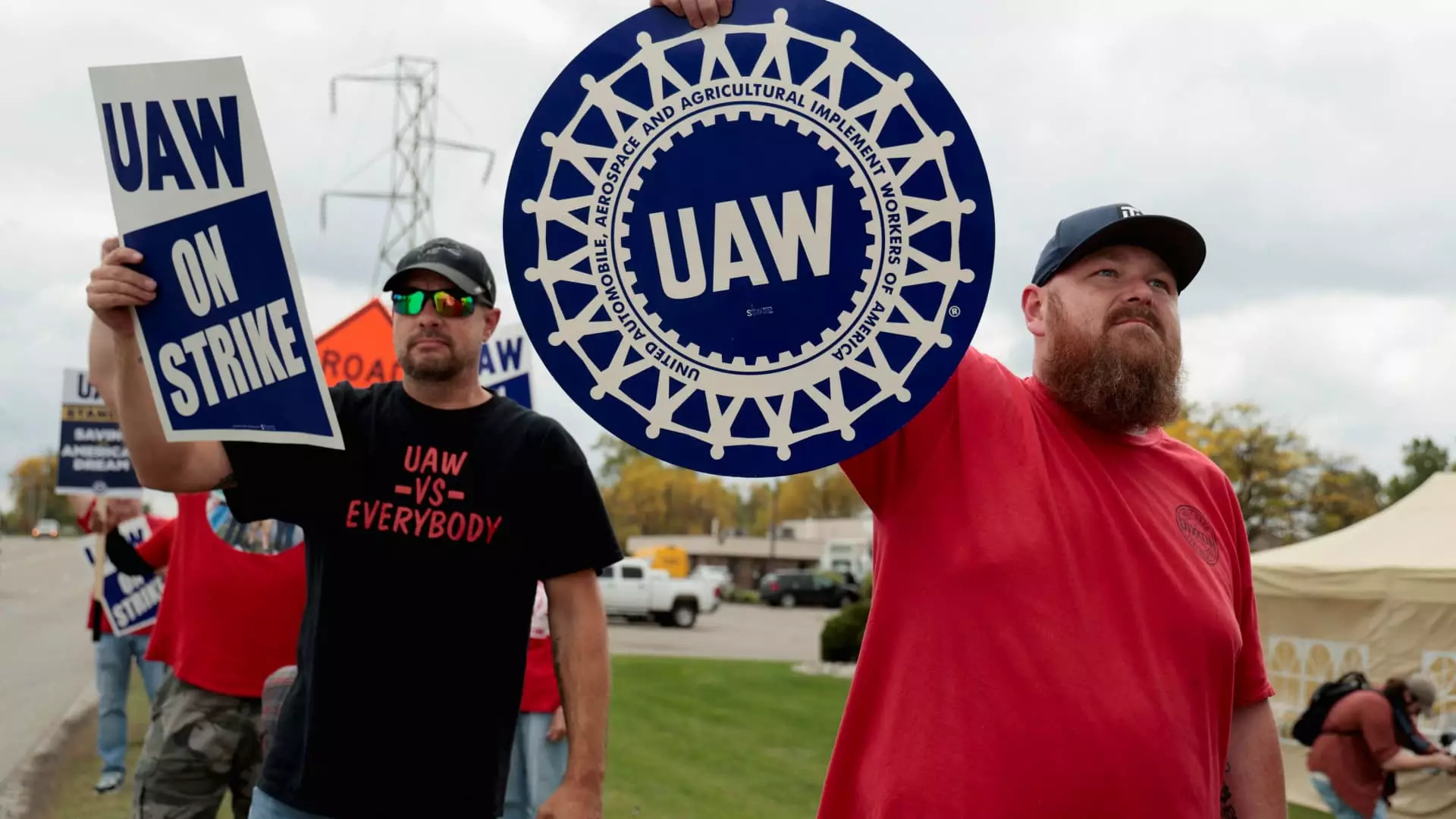Republican governors from six states in the South recently spoke out against the United Auto Workers’ (UAW) efforts to organize automotive factories in their region. They warned that the union’s actions could potentially lead to job layoffs and reduced future investments in the industry. The joint statement, signed by governors in Alabama, Georgia, Mississippi, South Carolina, Tennessee, and Texas, comes at a crucial time as Volkswagen workers in Chattanooga, Tennessee, are set to vote on joining the UAW.
The elected state leaders, including Tennessee Gov. Bill Lee, expressed their concerns regarding the potential negative impact of unionization on jobs and investments. While acknowledging that the UAW’s contracts with major automakers have provided short-term assistance, they argued that the long-term implications could be detrimental. The governors emphasized their commitment to bringing good-paying jobs to their states and highlighted the role of the automotive industry in their local economies.
In recent years, automakers have been facing significant challenges, including the shift towards electric vehicles, slowing market conditions, and fears of an economic downturn. Companies like Stellantis, formed through a merger between Fiat Chrysler and PSA Groupe, have been restructuring operations and cutting costs to adapt to changing market dynamics. Layoffs of both supplemental and traditional workers have been reported, with some workers being offered buyouts and others being transferred to different facilities.
The ongoing debate over UAW organizing efforts in the South highlights the complex interplay between labor unions, automakers, and state governments. With a focus on job creation, economic development, and industry growth, the decisions made by all stakeholders will shape the future of the automotive industry in the region. It remains to be seen how the outcome of the VW vote in Chattanooga and the broader labor organizing drive initiated by the UAW will impact the Southern automotive landscape.
The opposition of Republican governors to the UAW’s organizing efforts underscores the divergent perspectives on labor relations and economic development in the Southern states. While unionization may offer benefits in terms of worker representation and collective bargaining power, it also raises concerns about job security and investment stability. As the automotive industry continues to evolve, it is essential for all stakeholders to engage in constructive dialogue and collaboration to ensure the sustainable growth of the industry while prioritizing the interests of workers, businesses, and local communities.

Leave a Reply